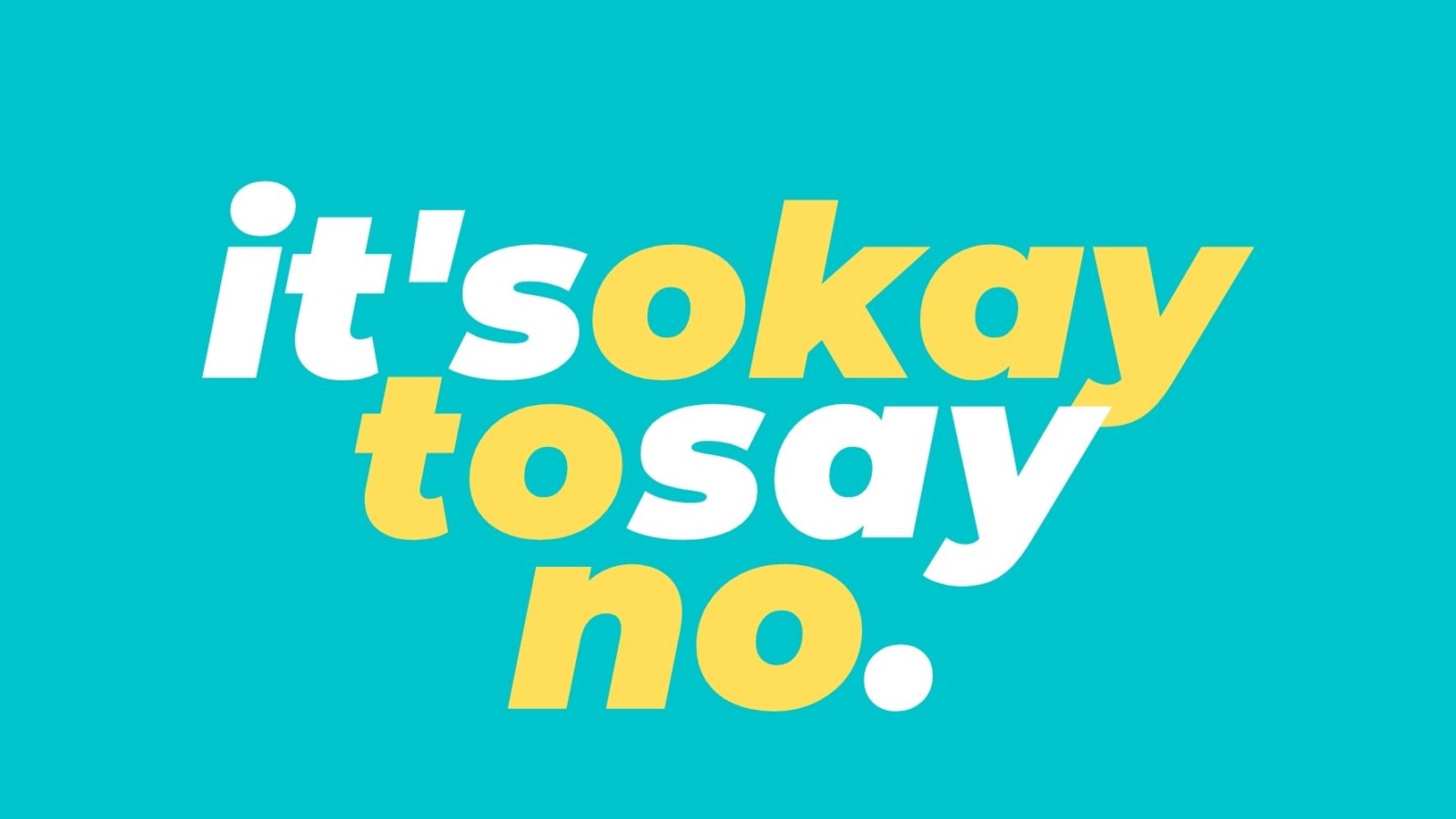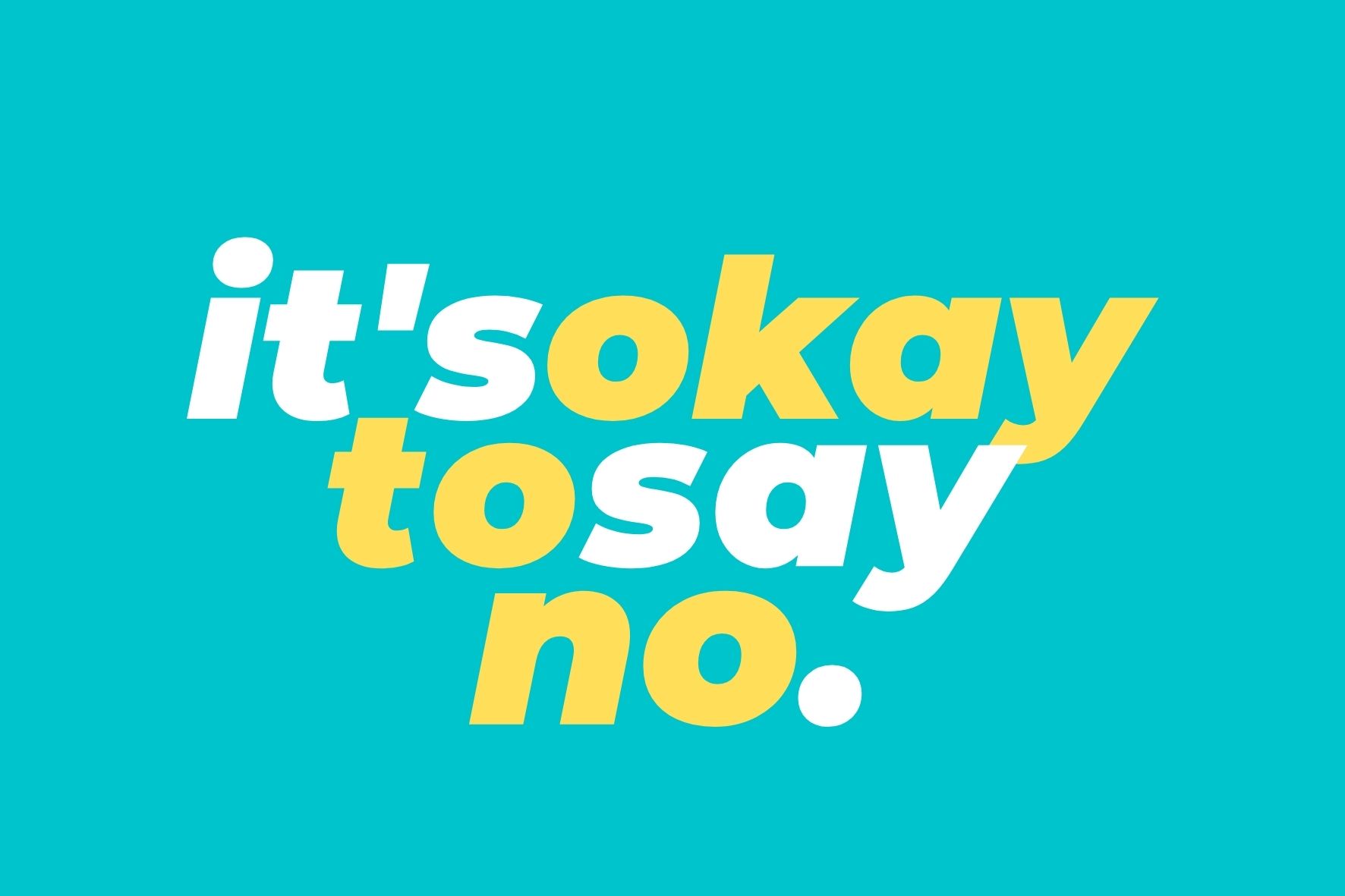Do you ever get the feeling that people just expect you to go along with everything they say whether it is good for you or not? If so, you are not alone. The people-pleasing trap is ubiquitous, particularly for women, who are more often raised to be passive and “agreeable.” Saying no does not come naturally for a lot of people, and this can manifest in dissatisfaction, resentments, and challenges with self-esteem.
Fortunately, this trap can be reversed with some conscious effort. It starts with coming to terms with the fact that the most important person we need to satisfy is ourselves. When we prioritize other’s opinions and needs over our own, it is an automatic setup for misery.
We are programmed that it is virtuous to put others’ needs first, but this comes at a grave cost. True virtue lies in honoring one’s own needs authentically and respecting that others are responsible for fulfilling their own needs, too. By releasing oneself from the clutches of other’s needs and demands, we are liberating them as well as ourselves. Setting limits authentically shows others that they are in charge of their own destiny; you are not the person who decides their fate. Taking on that role is detrimental for both of you.
Saying No and Setting Boundaries
As you practice setting limits with others and saying no, you are likely to be met with emotional backlash, either directly or indirectly through passive-aggressive behavior. Expect resentment and snark; it is a sure sign that you are on the right track. People who wish to disregard your needs and bests interests will not understand your limit setting, and that is ok. You are not responsible for the reactions of others. If saying no and setting a boundary is best for you in any given situation, that is your best course of action. How others respond to you is their business.
Try not to take it personally if someone becomes irritable with your limit setting. Just as you have a right to set a boundary and say no, they have a right to an emotional reaction to it. It does not mean you did anything wrong, so try not to second-guess yourself. The best way to set limits authentically and say no is through being open about your efforts to honor your own needs.
Expressing Your Intent (or Not)
Whether it is a friend, partner, or family member, let them in on your efforts to be more tuned in to your own needs and how you are doing that by setting limits and saying no. Their response to you will tell you a lot about their ability to empathize with your needs. If you are self-advocating or setting limits in a work situation, remember that you are an employee. This does not mean you are required to solve company problems or save the day. You do not need to explain your personal limit-setting efforts with an employer unless you feel safe doing so.
As you start to enforce your right to say no and set limits, remind yourself of your personal rights as a human being. You have the right to say no without explaining yourself. You have the right to set limits with people who are encroaching on your emotional wellbeing. Your needs are important, relevant, and deserve to be prioritized.



